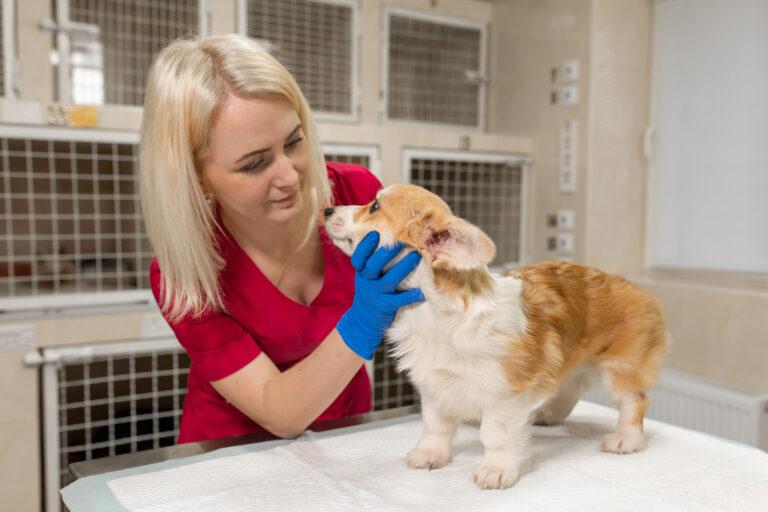B. canis can cause reproductive problems (abortions) and discospondylitis in dogs. It is endemic in Central and South America. Increasing numbers of cases have been observed in Europe in recent years.
B. canis has caused abortions in France, in breeders who bought dogs online from Belarus and Russia. Discospondylitis has also been diagnosed in several cases across the EU, mainly in dogs imported from Eastern Europe. Currently there is no testing requirement for B. canis. Usually, the infection is detected only when the animal is showing symptoms and the veterinarian requests targeted testing for B. canis.
In all countries where B. canis has been identified, there have been import-related cases, but inter-dog transmission has been recorded in the UK. Another common route of infection is when the dog has been abroad in one of the countries concerned.
Human cases are also possible, but exact numbers are not known due to lack of targeted testing, but it should be seen that exposure increases as the number of infected dogs increases.
Member states also indicated that not all cases showed a positive result in serological tests, while PCR tests showed the presence of Brucella spp. There is also a need to expand the B. canis genome databases.
Based on the two human cases (UK, NL), caution is necessary and hygiene rules should be followed in suspicious cases (e.g.: stillbirth).
Additional cases detected recently:
Italy
In 2020, 269 out of 598 animals showed serological positivity. Later, 241 out of 683 were positive.
United Kingdom
Only sporadic cases have been detected so far, with a steadily increasing number of cases. 40 cases were recorded up to February 2021 (with an increase from July 2020). Cases have been reported continuously since then and all new cases are linked to import events or travel.
The Netherlands
18 seropositive cases which were all imported dogs from Eastern Europe (Bulgaria, Croatia, Romania). The sick dogs (14) showed symptoms of lameness, neck and back pain. Discospondylitis was diagnosed in 11 animals.
The first human case was detected in the Netherlands in 2021. A female dog breeder was identified as having B. canis after cases had been reported in her breeding stock.
France
Between December 2021 and January 2022, 6 cases were identified. All cases were late abortions or discospondylitis and the animals were imported from Russia, Romania or Belarus. Other cases identified: 8 dogs from 4 kennels were found to have B. canis. Further serological testing was performed in these kennels (243 dogs), of which 8.6% tested positive. Further investigations are ongoing.

